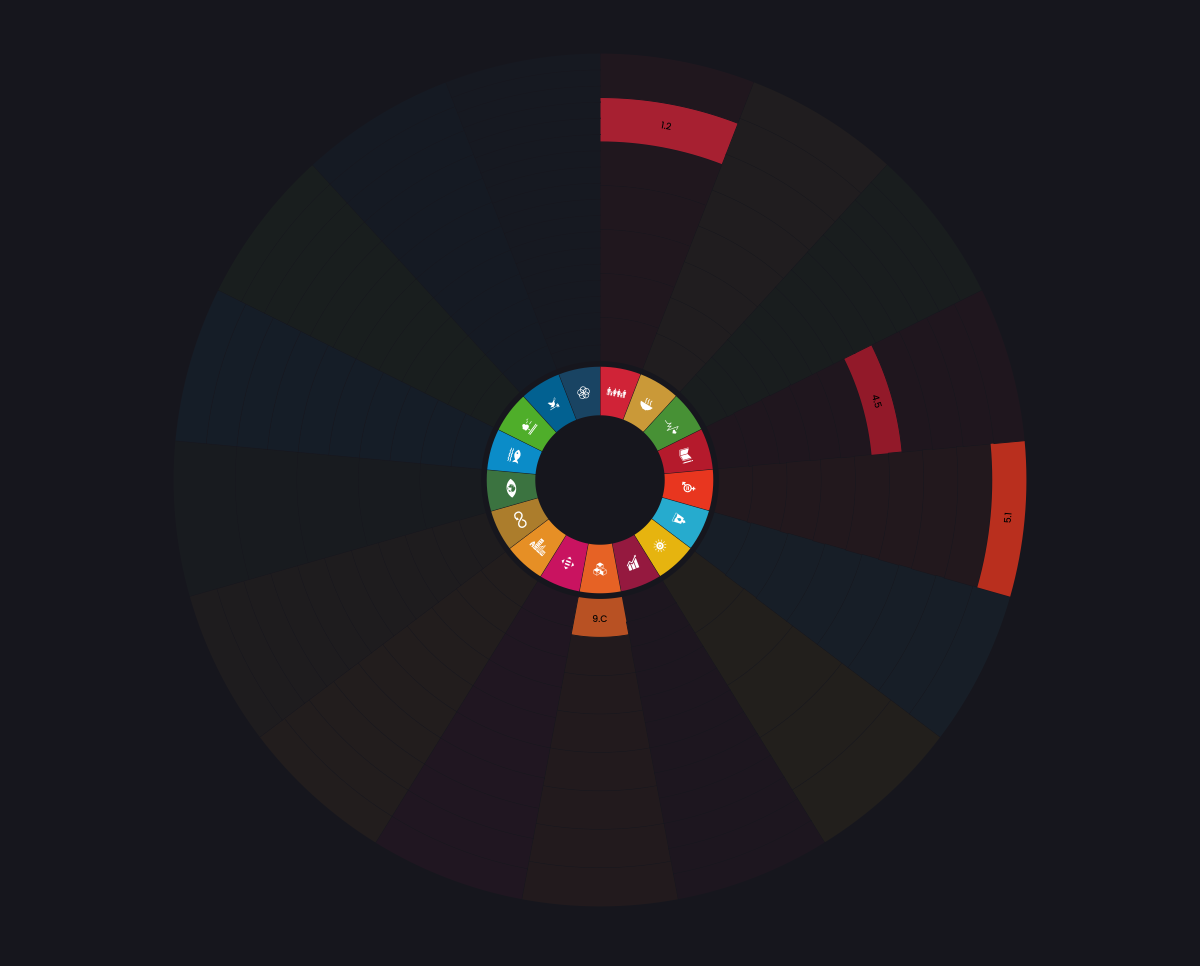Mairéad Hogan
Lecturer in Business Information Systems
J.E. Cairnes School of Business and Economics, University of Galway



Mairéad has been a Lecturer in Business Information Systems since 1996. Her work focuses on Human Computer Interaction and UX design. Prior to joining University of Galway she worked in the software industry for 10 years as a software engineer and as a consultant in Ergonomics and Usability. In her user design and systems design teaching Mairéad introduces students to user-centred inclusive design to support digital inclusion, promoting socially sustainable UX design processes that help to build empathy.
Winner of the 2023 College Awards for Teaching Excellence.
Mairéad's work contributes to these SDGs

Mairéad is an investigator on the Science Foundation Ireland-funded Immersive Empathy project, which aims to promote knowledge, interest and engagement in STEM-related subjects amongst typically disadvantaged post-primary students, and create awareness of how immersive technologies can be used to respond to community or societal challenges.
Immersive Empathy integrates arts-based approaches to learning with a focus on STEM skills and invites students to explore the capacity of creative projects to produce social change. Immersive Empathy's co-creation approach will help students to understand STEM and creative practice as tools for responding to their social environments and concerns.
Over a series of workshops, Immersive Empathy provides the student group with technical training in immersive technologies as well as exploring narrative structure and storytelling responses to social challenges. Over a two-month period, the student groups will produce narrative VR films or AR applications that respond to a social challenge identified in the initial exploratory phase.
Key Target: 4.5 Eliminate all discrimination in education

Teaching

User Experience Design The objective of this course is to develop the students' understanding of the issues involved in designing interactive systems. The course imparts practical knowledge of the skills and techniques used to design interactive systems. The design of interactive systems relies on an understanding of the capabilities and needs of people and an understanding of the kinds of technologies available.
Supporting Target: 9.C Universal access to information and communications technology
Interactive Systems Design relies on understanding the user’s problem space and leveraging that knowledge to produce an effective solution. This course helps students explore the problem space and to empathise with users by developing their skills in user research. A focus on user-centred design techniques, including a knowledge of a variety of interface types and user-centred methods of assessing the effectiveness of design, is a core element of this course.
Supporting Target: 9.C Universal access to information and communications technology
Engagement
Mairéad was a founding member of Empathy Jam Galway, which has been running since 2018. Empathy Jam is a research and design event that aims to build something that has a lasting impact. It brings Galway residents and technologists together to collaborate on new ways to feel connected, supported and excited about imagining and creating our future. Together groups learn or practise User Experience Design methods and discover how empathy can connect people.

Indirect impact SDG Targets
1.2 - Reduce poverty by at least 50%
4.5 - Eliminate all discrimination in education
5.1 - End discrimination against women and girls
9.C - Universal access to information and communications technology


Research

Featured Publications
|
References |
SDGs |
|---|---|
|
Hogan, M., Young, K. (2021). Designing Group Assignments to Develop Groupwork Skills. Journal of Information Systems Education, 32(4), 274-282. |
4 |
|
Hogan, M. (2022). Authentic Learning for Groupwork Skills: A Comparison Between a Physical and a Virtual Experience. Lecture Notes in Information Systems and Organisation, 5553-5565. |
4 |
|
Hogan, M. (2020). From Times Square to Eyre Square: Hackathons as authentic learning for information systems students. International Conference on Higher Education Advances, 2020, 301-308. |
1.2 |
